Impact of US H1-B visa reforms on Indian IT Companies- Indian Students to cheer up with reforms
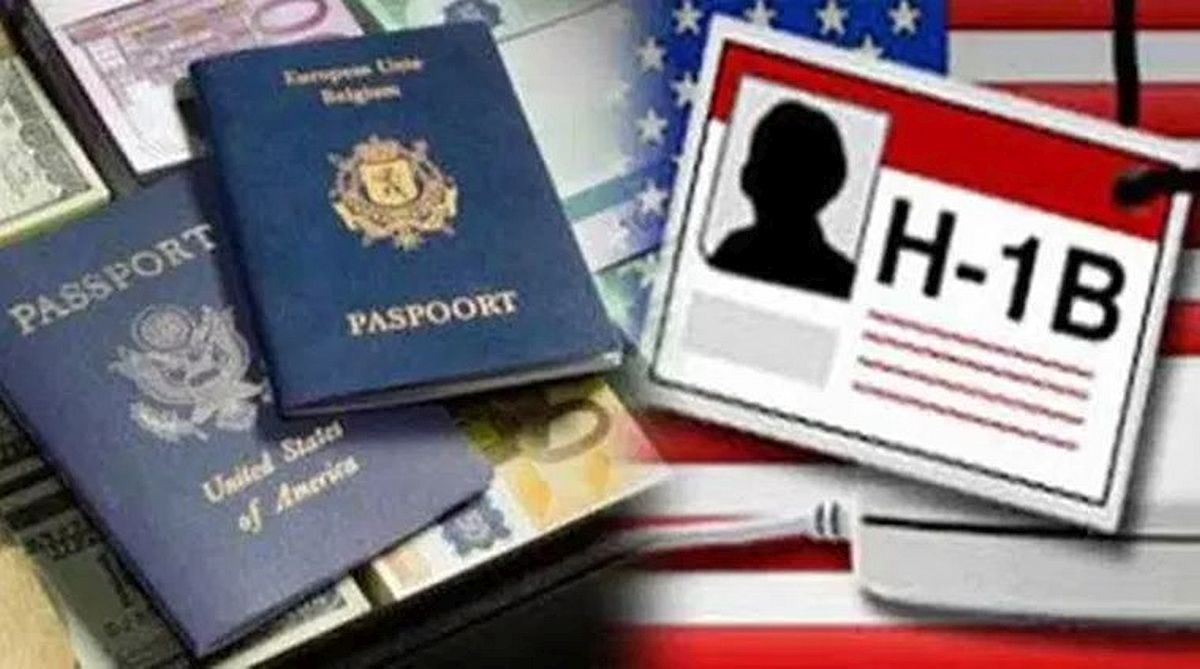
Affect of US H1-B visa reforms on Indian IT Companies
United States, 2nd February: Let us see here the impact of US H1-B visa reforms on Indian IT companies. US H1-B visa reforms are likely to compel Indian IT firms to make some basic changes to their business strategies.
US H1-B visa reforms announced
The US H1-B visa reforms have been tweaked by the Donald Trump administration. The law shall make it really tougher for companies using the US H1-B visa program to replace American workers with foreign workers. These rules are going to affect the future of Indian techies in a big manner.
Donald Trump had vowed that the US must follow simple rules of “Buy American and hire American”. Hence, a new bill calling for US H1-B visa reforms has been tabled yesterday. There are reports that Trump is going to sign an executive order on this issue.
What are the proposed H1-B visa reforms?
- These reforms include doubling minimum salaries of US H1-B visa holders to $130,000 from the current salary of $60,000;
- Earmarking 20 percent of US H1-B visas for small and start-up employers;
- Removal of ‘per country’ cap for employment visas for ensuring equal distribution;
- Firms hiring US H1-B visa holders must make a good faith effort for hiring Americans on a priority;
- Giving preference to students having got education in the US for US H1-B visas rather than any computerized lottery process;
- Cracking down on all outsourcing firms importing workers for temporary training and sending them back to their home nations for doing the same job;
- Prohibiting spouses of US H1-B visa holders from getting work in the US;
- Prohibiting firms with more than 50 workers, out of which not less than half are US H1-B visa or L1 visa holders, from recruiting additional US H1-B employees;
How will the US H1-B visa reforms affect India?
Indians happen to be the biggest beneficiaries of US H1-B visas. they are followed by Chinese. Nearly 70 percent of US H1-B visa petitions approved were from Indian professionals, the figures for 2014 reveal.
Related Read Trump Won’t Allow H1-B Visa holders to Replace US Workers
As per the figures revealed by a Computerworld analysis through Freedom of Information Act request, around 86 percent of US H1-B visas granted to workers in computer occupations are got by Indian workers.

Hence, some of the top Indian outsourcing companies including Tata Consultancy Services, Wipro and Infosys are going to feel the pinch in a bad way. Already, the stock prices of IT firms nosedived by nearly 9 percent.
How will the US H1-B visa reforms affect the IT sector as a whole?
It is not only the individual IT engineers whose employment prospects are at a big risk. The truth is that the whole Indian IT sector is dependent on the US H1-B visa program for maintaining profitability of the outsourcing firms.
Nearly 60 percent of Infosys’ US employees were holders of US H1-B visas. Due to new US H1-B visa rules, Infosys and Tata may see their costs move to nearly $2.7 billion. Around $65 billion of export revenues is derived by the Indian IT sector from the US only. Hence, it becomes clear that a big portion of the Indian IT sector’s profitability relies on the US H1-B visa program.
Is there is any bright spot in the news?
Well, for those wanting to study in the US, there seems to be a bright spot. The bill wants to bridge the US F-1 student status with US permanent residency.
So, here is something to cheer about for F-1 visa students, especially Indians studying in the US. The bill may lead to reducing the paper work by bridging the process for getting US Green cards. The only issue in this regard is that F-1 visa students must find employment paying high salaries or $130,000 or more.
For this, they need to work in India for a couple of years and then study in the US on F-1 visa. Getting Indian experience helps students to make an application for senior H1-B level jobs in the US.

 The high real estate prices in Canada are significantly impacting immigrants and International Students in Canada
The high real estate prices in Canada are significantly impacting immigrants and International Students in Canada  Which City in Canada is better to live- Vancouver, Toronto or Calgary
Which City in Canada is better to live- Vancouver, Toronto or Calgary  What makes Saskatchewan province of Canada the most dangerous province?
What makes Saskatchewan province of Canada the most dangerous province? 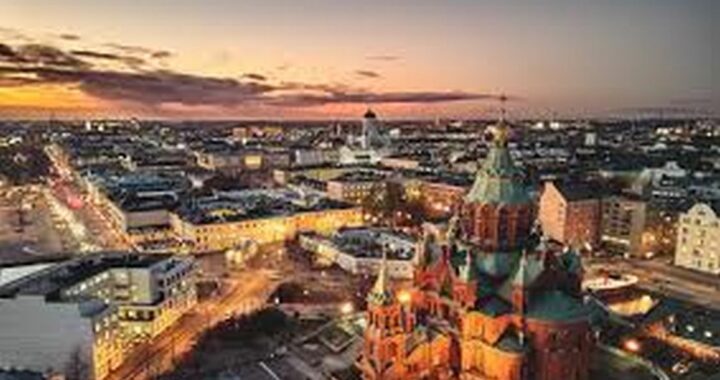 Are you willing to move abroad? Finland is definitely what you must choose!
Are you willing to move abroad? Finland is definitely what you must choose!  Work Possibilities for Immigrants to Canada
Work Possibilities for Immigrants to Canada 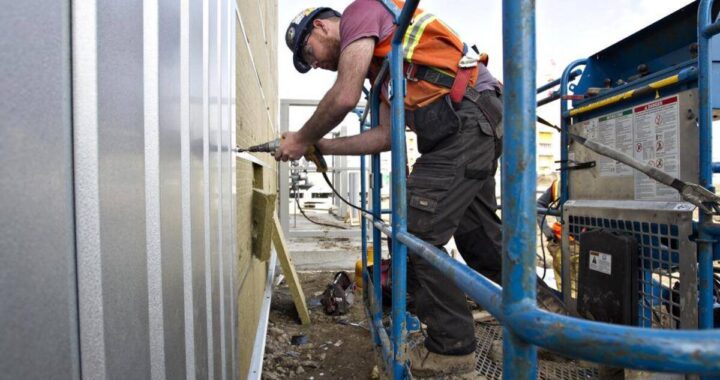 Recent Changes to Canada’s Temporary Foreign Worker Program (TFWP) Effective May 1, 2024
Recent Changes to Canada’s Temporary Foreign Worker Program (TFWP) Effective May 1, 2024  Immigration Process to Latvia and Job Prospects
Immigration Process to Latvia and Job Prospects 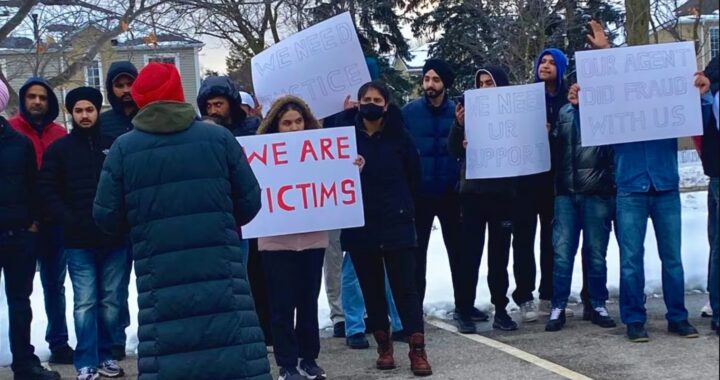 Notario Fraud- a rampant fraudulent practice trapping immigrants to US and Canada
Notario Fraud- a rampant fraudulent practice trapping immigrants to US and Canada 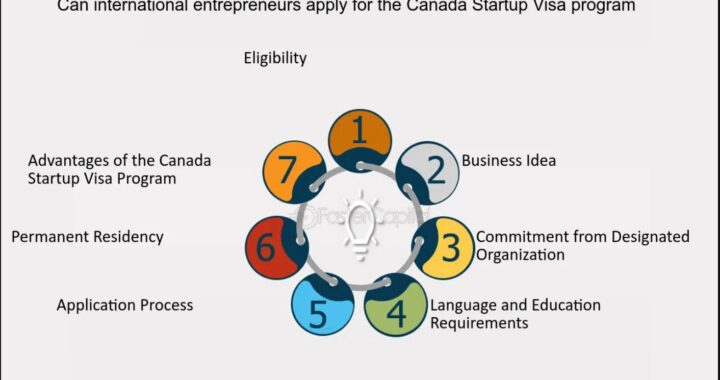 Launch Your Dreams: A Guide to Canada’s Start-Up Visa Program for Global Entrepreneurs
Launch Your Dreams: A Guide to Canada’s Start-Up Visa Program for Global Entrepreneurs